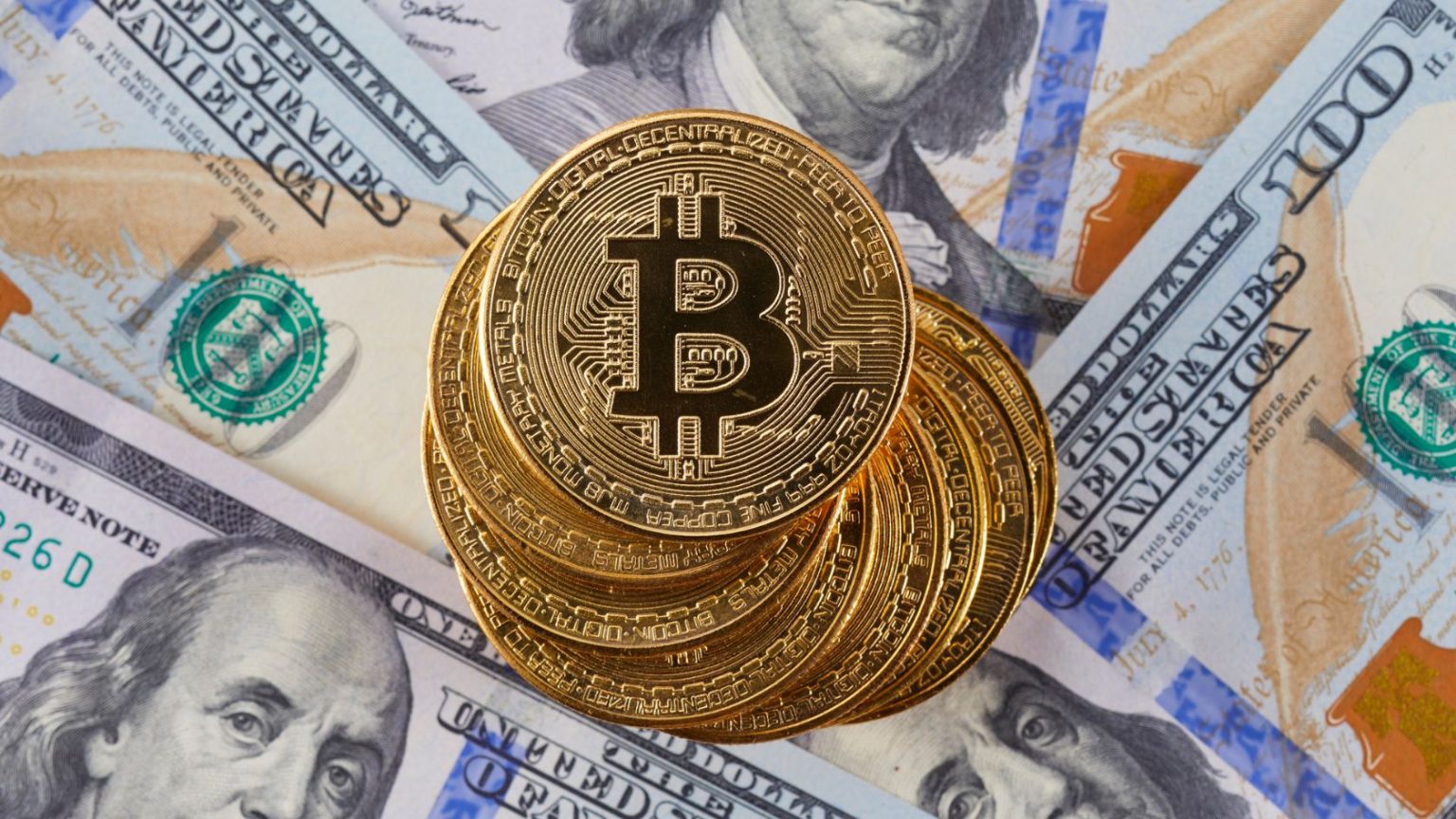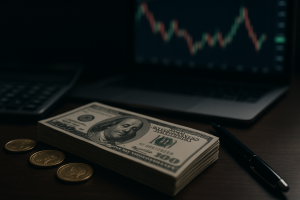Crypto is one of the most exciting — and most unforgiving — markets in the world.
It moves fast, trades 24/7, and rewards precision just as quickly as it punishes carelessness.
But despite all the volatility and opportunity, the majority of traders still lose money. Why? Because they fall into the same traps over and over again.
Whether you’re new to the market or still chasing consistency, here are the top mistakes most crypto traders make — and how you can fix them before they destroy your account.
💣 1. Trading Without a Plan
Ask most losing traders what their plan is, and you’ll get silence.
They enter because the chart “looks good,” they exit when they panic, and they have no idea what their risk-to-reward ratio is. That’s not trading — that’s gambling.
La solución:
Build a clear trading plan for every setup.
- Define your entry and exit conditions.
- Know where your stop loss is antes de you enter.
- Set a realistic target — and stick to it.
- Track your results over time.
A trader without a plan is at the mercy of emotion. A trader with a plan is in control — even when they lose.
🧠 2. Overusing Leverage
Leverage is the reason why so many traders blow their accounts.
It’s tempting — especially when you see others posting 100x screenshots — but the same tool that amplifies profits also multiplies your losses.
Most crypto liquidations happen not because traders were wrong about direction, but because they were overleveraged.
La solución:
- Stick to 3x–5x leverage maximum until you’ve mastered risk management.
- Always trade with stop losses y un defined margin buffer.
- Remember that 10x leverage means a 10% move can liquidate you.
Leverage is a weapon — use it wisely, or it will use you.
⚖️ 3. Ignoring Risk Management
If you risk 10% per trade, you only need a few bad entries to blow your entire account.
The best traders in the world don’t win every time — they just make sure they don’t lose big.
La solución:
- Riesgo 1–2% of your total account per trade.
- Focus on setups that offer at least 2:1 reward-to-risk ratios.
- Utilice stop losses and stick to them.
Risk management isn’t about being scared to lose — it’s about giving yourself enough room to survive.
📉 4. Chasing FOMO
You see a green candle. Your heart races.
“Should I buy now before it’s too late?”
That emotional response is FOMO — the Fear of Missing Out — and it’s one of the most expensive mistakes in trading.
Most FOMO entries happen at local tops, right before retracements.
La solución:
- If you missed an entry, wait for the pullback.
- Use alerts and watchlists to plan entries in advance.
- Remember: there’s always another trade. The market will never run out of opportunities.
The goal isn’t to catch every move — it’s to catch the right ones.
💬 5. Following the Crowd
Social media is full of people calling tops, bottoms, and “next 100x coins.”
But what you don’t see are the losing trades they never post.
Relying on others for your decisions keeps you emotionally dependent — and that’s dangerous in a market designed to trap the herd.
La solución:
- Use influencers as information sources, not signal providers.
- Verify every claim with your own analysis.
- Build confidence in your own strategy — that’s the only signal that matters.
The market rewards independent thinkers, not echo chambers.
🧩 6. Ignoring Market Structure
Many new traders rely only on indicators — RSI, MACD, Bollinger Bands — without understanding the most basic concept: market structure.
Indicators lag. Structure tells you what’s actually happening in real time.
La solución:
- Learn to identify higher highs/higher lows (bullish) y lower highs/lower lows (bearish).
- Mark key support and resistance zones.
- Trade in the direction of the dominant trend.
Once you understand structure, your entries, exits, and confidence all improve dramatically.
🕰 7. Trading Too Often
Overtrading is a silent killer.
When you take every minor setup you see, your focus and emotional control crumble.
La solución:
- Set a maximum number of trades per day or week.
- Only trade high-probability setups that fit your system.
- Remember: some of your best trades will come after days of waiting.
Trading less, but better, is how consistency is built.
💵 8. Not Taking Profits
In crypto, unrealized profits don’t count.
The market can erase weeks of gains in a few hours — and it often does.
Many traders refuse to take profits because they want “just a little more.” That’s greed — and greed doesn’t end well.
La solución:
- Scale out of trades in portions as price moves in your favor.
- Set take-profit targets and trail stops to secure gains.
- Don’t try to sell the top — sell into strength and keep moving.
Small, consistent wins build lasting portfolios.
🧘 9. Letting Emotions Run the Show
Fear. Greed. Anger. Revenge.
Every trader battles them — but the ones who master them win long term.
La solución:
- Build routines: journaling, meditation, or workouts.
- Focus on execution, not results.
- Accept that losing is part of winning — even pros lose often.
Trading isn’t about predicting the market. It’s about controlling yourself when the market becomes unpredictable.
🎯 Reflexiones finales
Crypto rewards patience, discipline, and structure — not hype, greed, or shortcuts.
You don’t need to be perfect to make money in this market. You just need to avoid the mistakes that destroy 90% of traders.
Master the basics. Protect your capital. Build consistency.
Because in crypto, the goal isn’t to win one trade — it’s to stay in the game long enough to win hundreds.
Opere de forma más inteligente con EPIQ
En Parqué EPIQ, we help traders develop the mindset, structure, and tools to trade crypto like professionals — not amateurs.
En el interior, obtendrá:
✅ Daily trade setups and macro dashboards
✅ Lessons on psychology, risk management, and market structure
✅ Live community support from real traders
✅ A free 3-day trial to learn before you risk real capital
👉 Join EPIQ today and learn how to avoid the traps that destroy most traders before they even begin.
Asesoramiento no financiero (NFA): This article is for educational purposes only and not financial advice. Always do your own research and manage your risk responsibly.










Respuestas